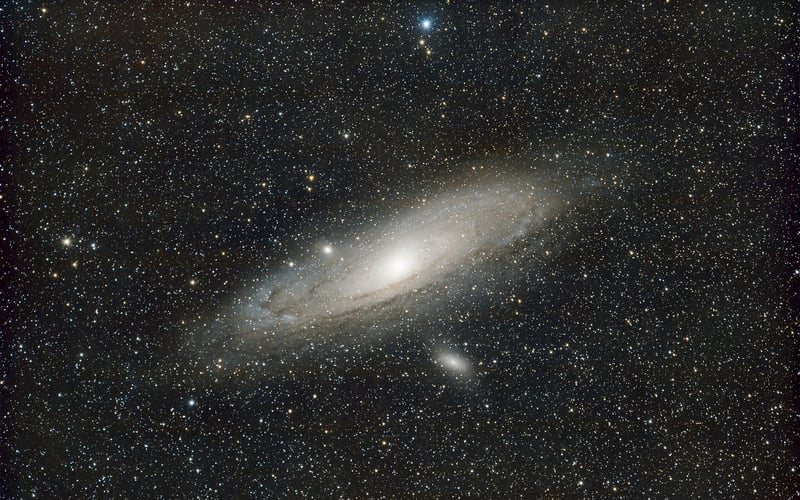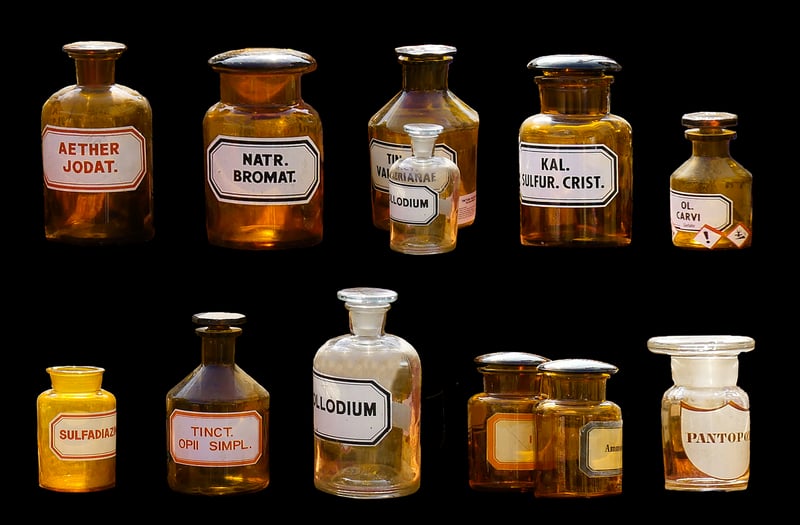Food Chemistry
The Science Behind Flavors: Exploring Food Chemistry
Have you ever wondered why certain foods taste the way they do? Or why combining specific ingredients creates a delicious symphony of flavors? The answers lie in the fascinating world of food chemistry, where molecular interactions dictate the taste, aroma, and texture of the foods we love.
Understanding Taste Perception
Our perception of taste is a complex interplay between our taste buds, olfactory senses, and brain. There are five primary taste sensations: sweet, sour, salty, bitter, and umami. Each taste is detected by specific taste receptors on our taste buds, which send signals to the brain for interpretation.
The Role of Molecules in Flavor
Flavor compounds are organic molecules responsible for the sensory experience of taste and smell. These molecules interact with our taste receptors and olfactory receptors, triggering a cascade of signals that we perceive as flavor. For example, the compound responsible for the sweet taste in fruits is often sugar, while amino acids like glutamate create the savory umami flavor.
The Maillard Reaction
One of the most crucial chemical reactions in cooking is the Maillard reaction, where amino acids and reducing sugars react when heated to produce a complex array of flavors and aromas. This reaction is responsible for the browning of bread crusts, seared meats, and roasted coffee beans, enhancing their taste profiles.
Creating Flavor Combinations
Chefs and food scientists leverage the principles of food chemistry to create harmonious flavor combinations. By understanding which molecules interact synergistically or antagonistically, they can craft dishes that balance sweetness with acidity, or bitterness with richness, resulting in a pleasurable dining experience.
Exploring Food Chemistry Further
If you're intrigued by the science behind flavors and want to delve deeper into food chemistry, consider exploring courses or books on the subject. Understanding the chemical processes that govern taste and aroma can not only enhance your appreciation of food but also inspire creative culinary experiments in your kitchen.

Next time you savor a delicious meal, take a moment to appreciate the intricate dance of molecules that create its unique flavor profile. Food chemistry adds a whole new dimension to the culinary experience, transforming mere ingredients into a symphony for the senses.
Embrace the science behind flavors and unlock the secrets of food chemistry to elevate your gastronomic adventures!
